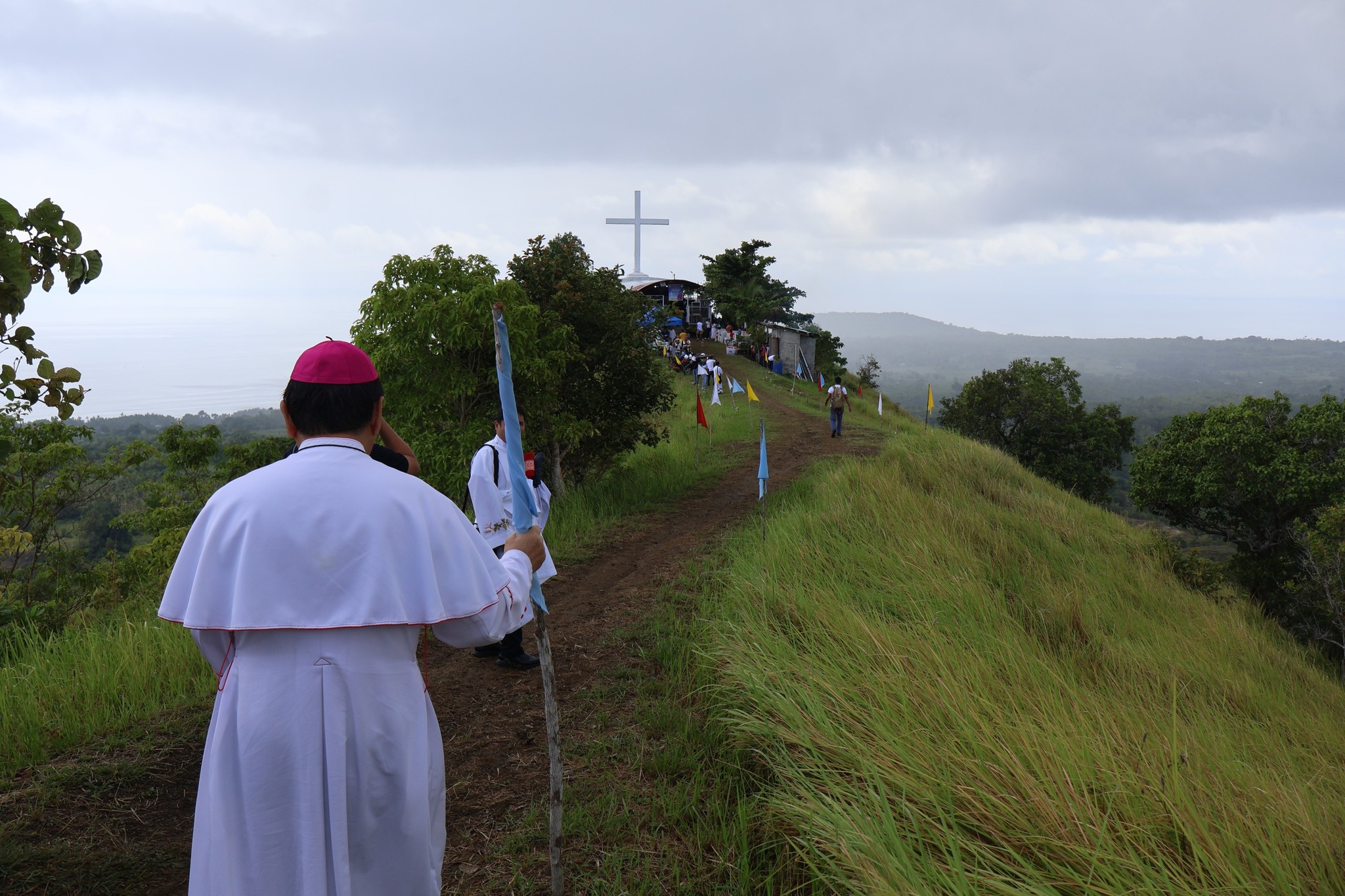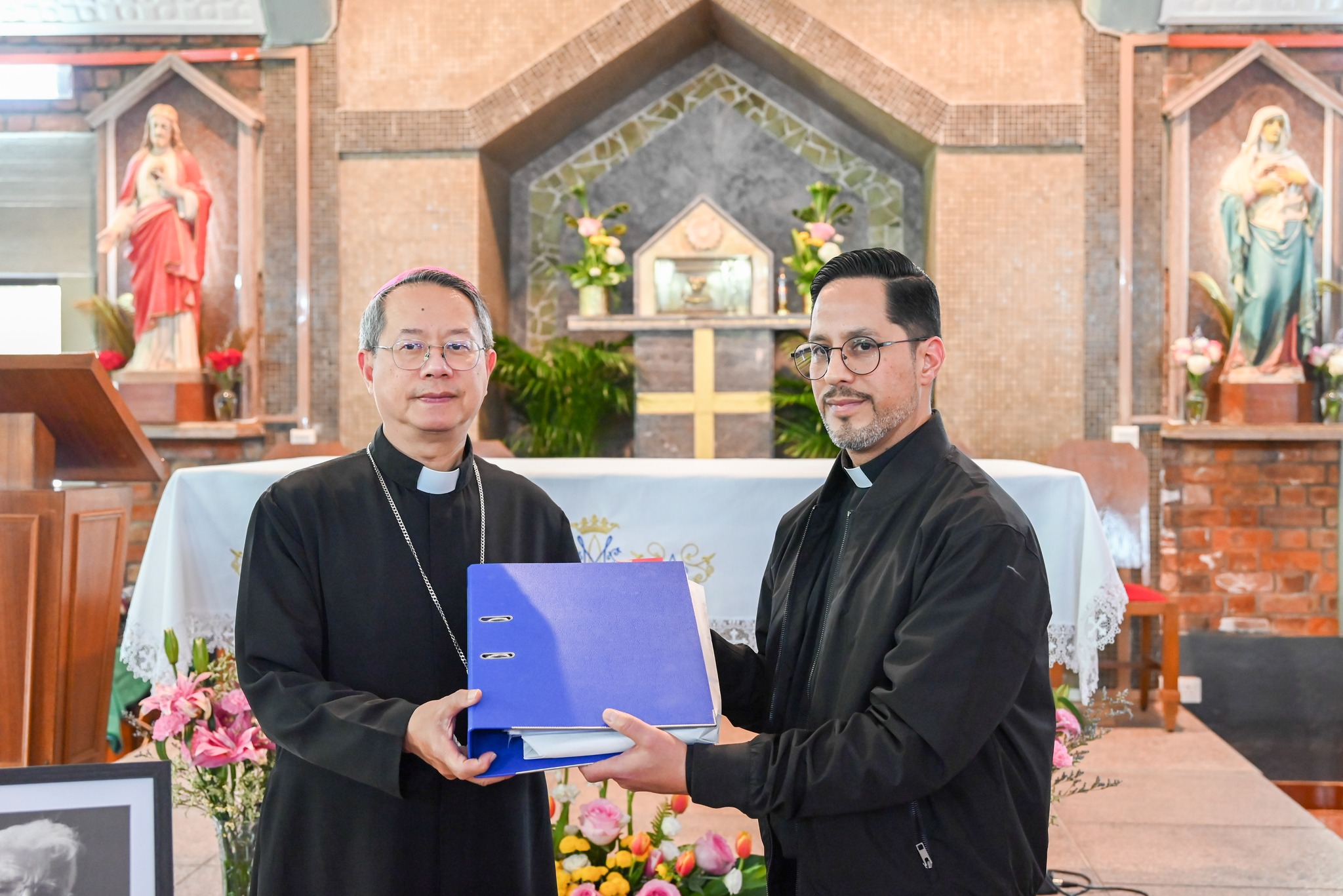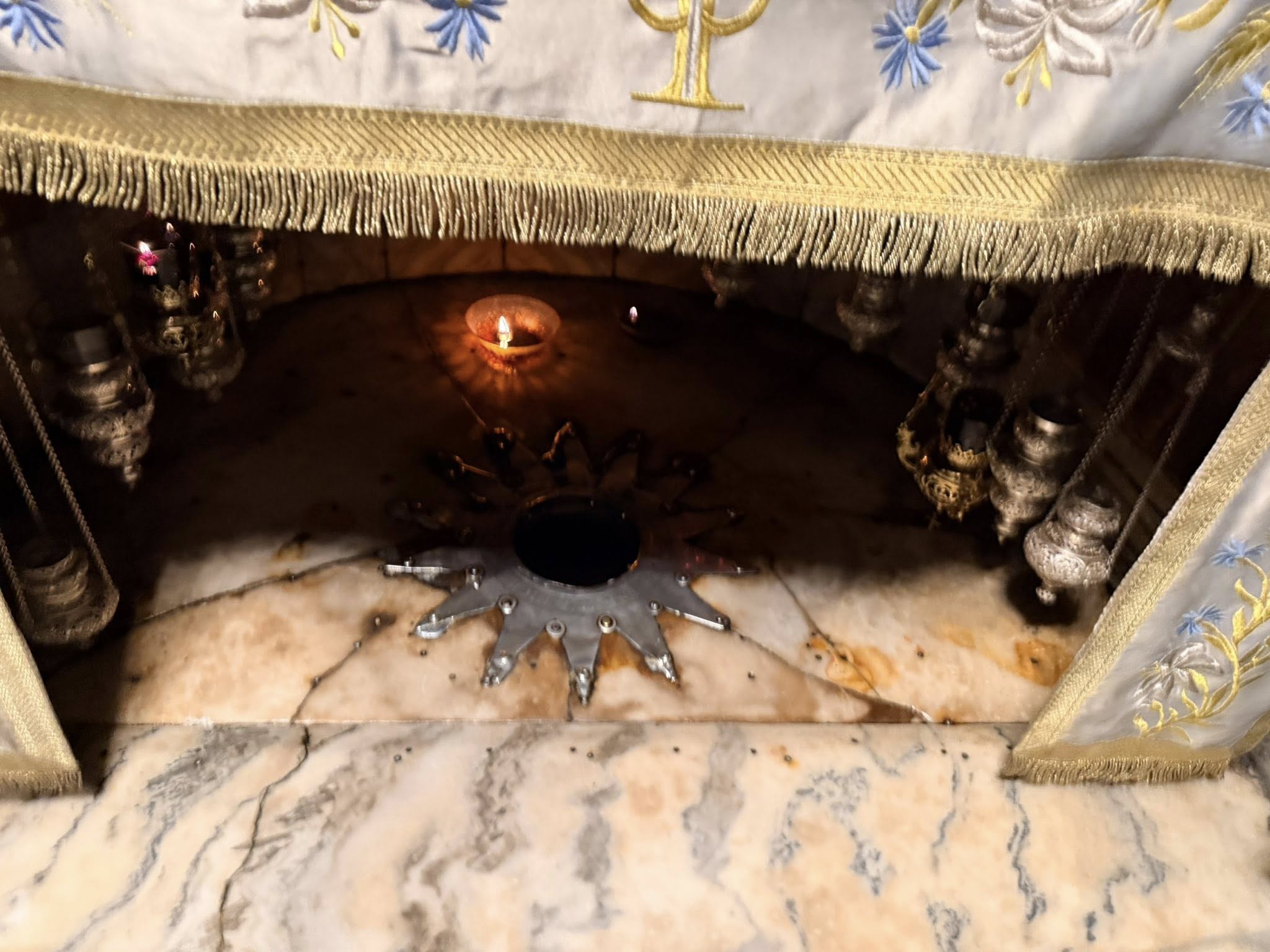Aurelio Porfiri
When I happen to tell a little about my life to others, I must always mention about a book that created an important turning point in my adolescence that was spent in post-conciliar Christianity, fed on catechisms with a lot of sociology but not too much theology. This turning point book was The Jesus Hypotheses, published in 1976 in Italian and then translated into many languages, including English (45 years ago) by the writer Vittorio Messori, a convert from secularist circles and certainly not with a religious background. Yet that book for me, as for hundreds of thousands of others around the world (it was a resounding editorial success) was an opportunity to probe the reasonableness of faith, a faith that is very demanding but which we often possess with great indifference. Vittorio Messori, on the other hand, was looking for those answers to the many questions that we all ask ourselves and that book certainly filled a void that in the chaotic last decades was increasingly widening at the ecclesial level.
From that moment on I became a faithful reader of Vittorio Messori’s books and articles and I must admit that I bought Avvenire, the magazine sponsored by the Italian Bishop Conference, only to read his Vivaio column that I cut out and kept. I think I have read almost everything he wrote and I will never be able to quantify the good that his writings have done to me and to many others who ask themselves questions and await answers that often do not arrive.
A few years ago I met him in person for the first time in the Roman church of Sant’Andrea delle Fratte, where he presented his book called Hypotheses on Mary. I was able to experience how many people shared the gratitude towards his work that I felt myself. I also wrote a little book on Vittorio Messori (Et Et. Ipotesi su Vittorio Messori) which contains an unpublished interview with the great writer. In fact, from that first meeting a beautiful friendship was born that led me to visit him in Desenzano, in the northern part of Italy, when we were free to move about before Covid-19. A friendship that has extended to Rosanna, his wife and the confirmation of the saying that behind a great man there is always a great woman. Every time I meet him or talk to him on the phone, I can’t help but feel a deep sense of gratitude for what this shy man has shown me. He turned 80 on April 16 of 2021 (day and month he shares with Joseph Ratzinger). Years spent chasing those first hypotheses that emerged in the years of great social unrest and which he then tried to probe deeper and deeper to understand if he was the one who was to come or if we should wait for another one.
Vittorio Messori has inspired an entire generation of writers, ready to follow in his footsteps and not to get lost behind the (inessential) ecclesial daily life. For heaven’s sake, I am not saying that it is not important, but we will not save ourselves by discussing exclusively pastoral plans, synodality or the sympathy for this or that prelate. The meritorious work of Vittorio Messori brings us back to the roots of the problem, it brings us back to asking ourselves if the claim of Jesus is worthy of being considered or should we go further, as many do without even asking about the problem. After decades of being a faithful reader, the gratitude I felt that day in Sant’Andrea delle Fratte is still with me and I am sure it resides in the hearts of many other people who have met the Lord thanks to the monumental work done by this apologist who understood that the solidity of a house is tested beginning from the foundations.

 Follow
Follow


